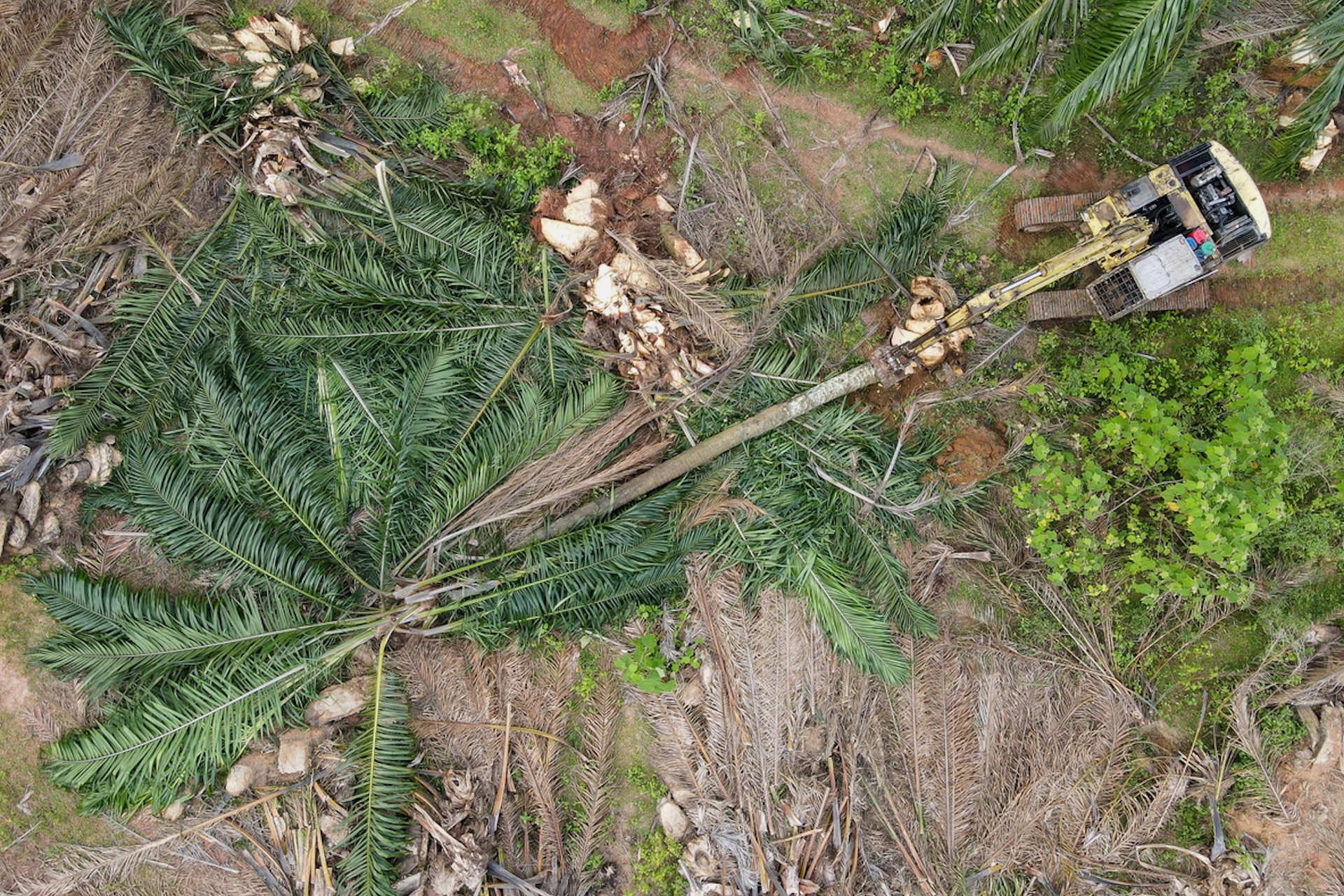There's a lot of talk about how innovations in technology are helping humans and our everyday lives, but technology is also being used to benefit the planet as a whole. From deforestation to species extinctions, our environment is in need of new conservation efforts, and several tech advancements are doing just that.
Watch now: How bad is a gas stove for your home's indoor air quality?
Human-made leaves

Artificial leaf technology coming out of Cambridge University is being used to bring clean water to remote areas of the world. They use the process of photosynthesis to make clean, fresh water and hydrogen fuel.
According to initial testing, the newest version of the unit works on both contaminated fresh water and seawater. Though it is not advanced enough yet, researchers have hopes that technology like this can aid in aspirations to develop a truly sustainable future.
Genetic library

The United States Fish and Wildlife Service is creating a genetic library of the nation's threatened and endangered species. In a process called "biobanking," blood, tissue, and reproductive cell samples are being stored using cryogenic technology.
Though not quite sci-fi-level cryogenics yet, genetic information preserved in this way can be studied and used to improve conservation efforts, and who knows if it could also be used for cloning in the future.
Carbon vacuum

The world's largest ocean-based carbon removal plant is set to be built in Singapore. Inspired by the natural formation of seashells, the plant will work sort of like a vacuum separating the hydrogen and oxygen in seawater via an electrical charge and sucking carbon right out of the seawater.
The ocean naturally absorbs carbon from the air, but excess carbon due to the burning of dirty energy is degrading oceanic ecosystems. Researchers hope to also use this new technology to harvest hydrogen, which could be used as a fuel to generate clean energy.
Deforestation accountability

The recent addition to MapHubs (a software technology for companies monitoring natural resources) called PlotCheck uses satellite imagery and AI algorithms to help palm oil producers assess their compliance with deforestation regulations.
Tropical rainforests in countries like Indonesia provide perfect growing conditions for oil palm plantations, which provide the world with palm oil for a variety of goods, including food, cosmetics, and household products. Unfortunately, these plantations were responsible for 23% of Indonesia's deforestation between 2001 and 2016, highlighting the need for sustainable practices and accountability in the industry.
Reviving endangered populations

Two black-footed ferrets were born earlier this year using cloning technology and eggs that were frozen for over 40 years. There are just seven of these ferrets in the wild, so the current problem facing the population is the lack of genetic diversity.
The researchers do not plan on reintroducing the cloned ferrets into the wild but instead hope that they can produce viable offspring to increase the population, after their first failed attempt at this in 2020.
 Should the government be paying people to hunt invasive species?
Should the government be paying people to hunt invasive species?
 Definitely
Definitely 
 Depends on the animal
Depends on the animal 
 No way
No way 
 Just let people do it for free
Just let people do it for free 
 Click your choice to see results and speak your mind
Click your choice to see results and speak your mind
Join our free newsletter for weekly updates on the latest innovations improving our lives and shaping our future, and don't miss this cool list of easy ways to help yourself while helping the planet.








